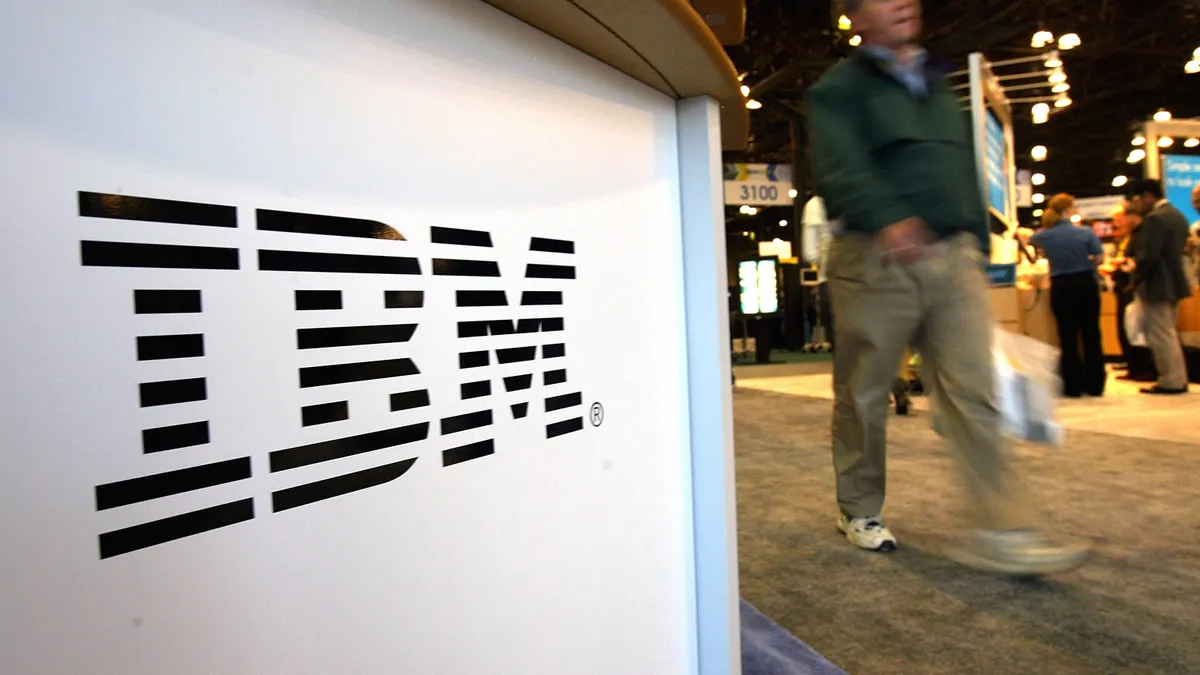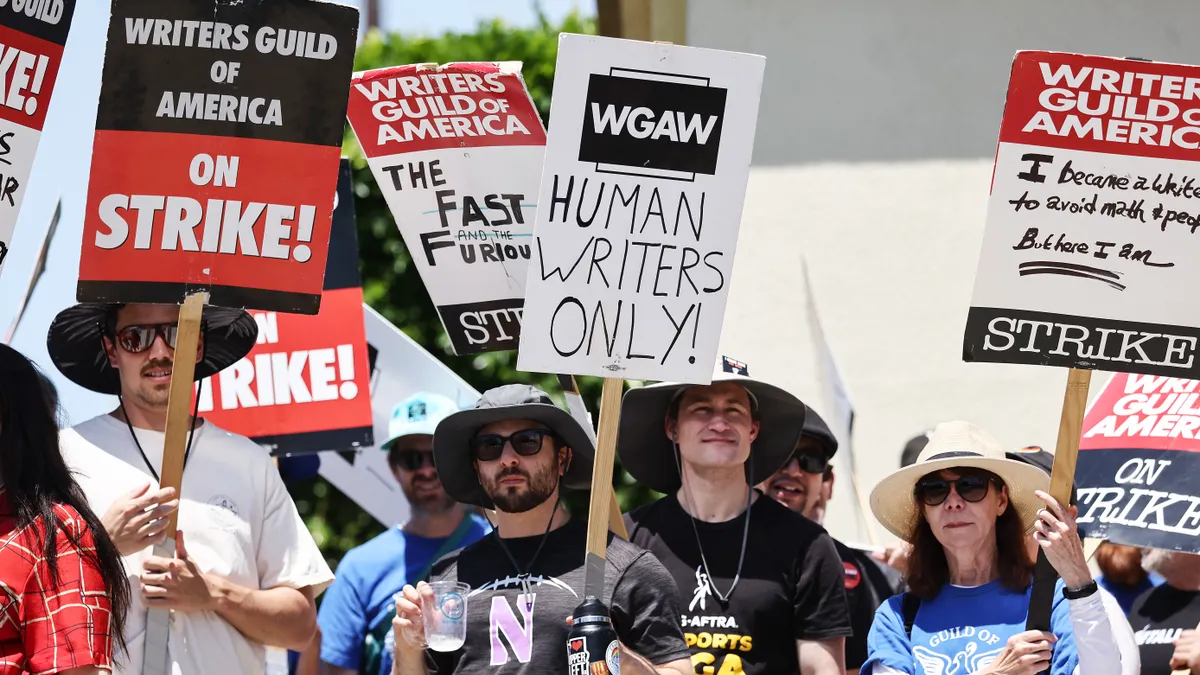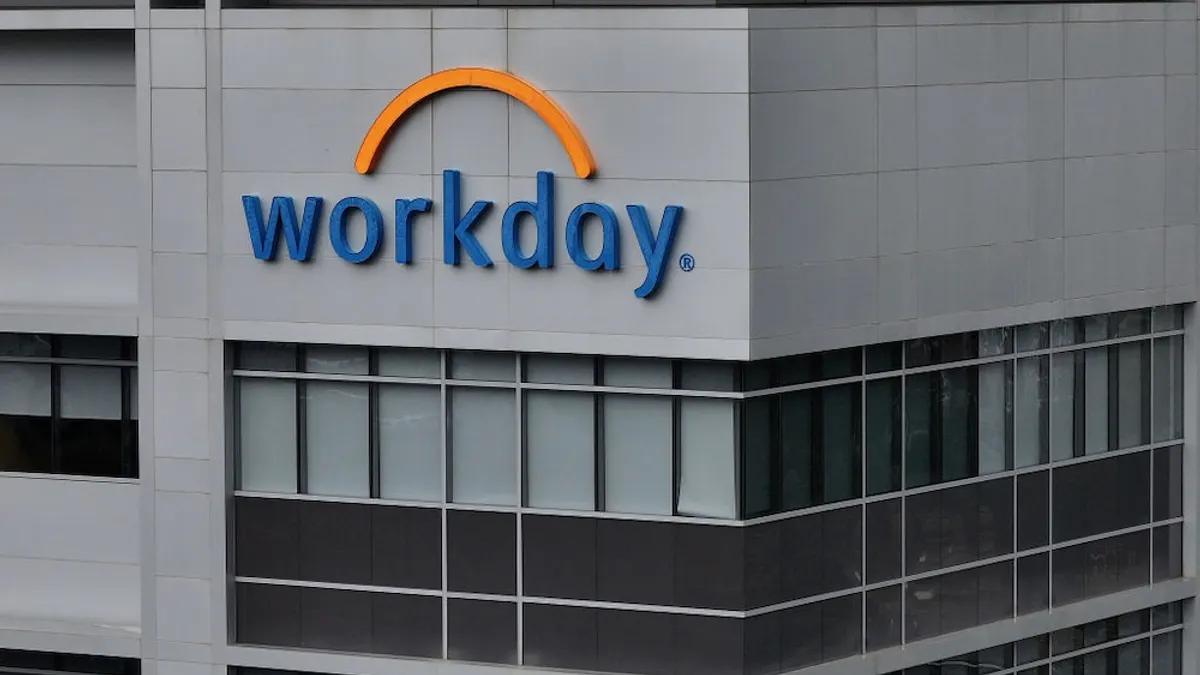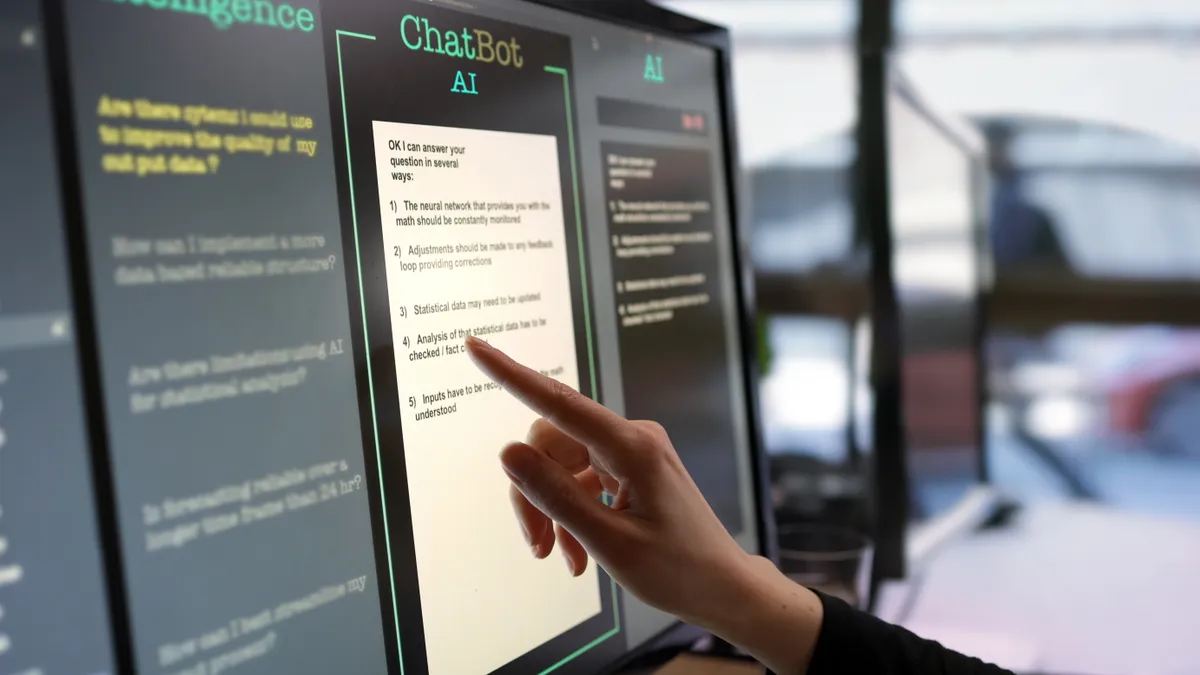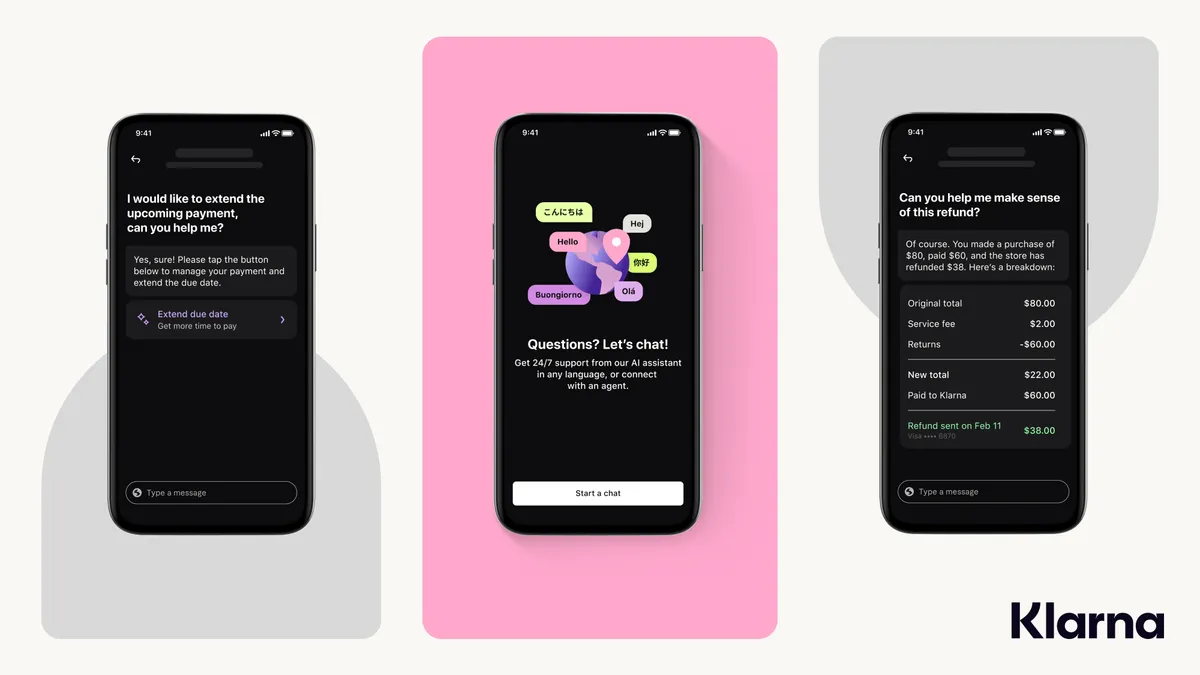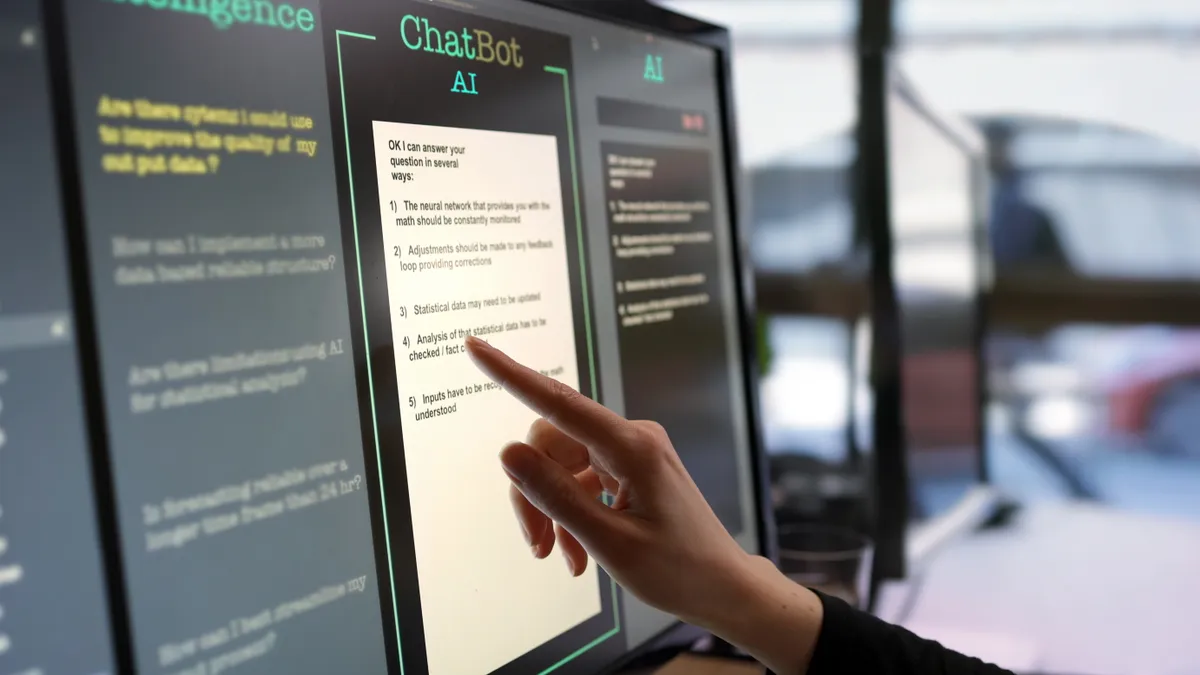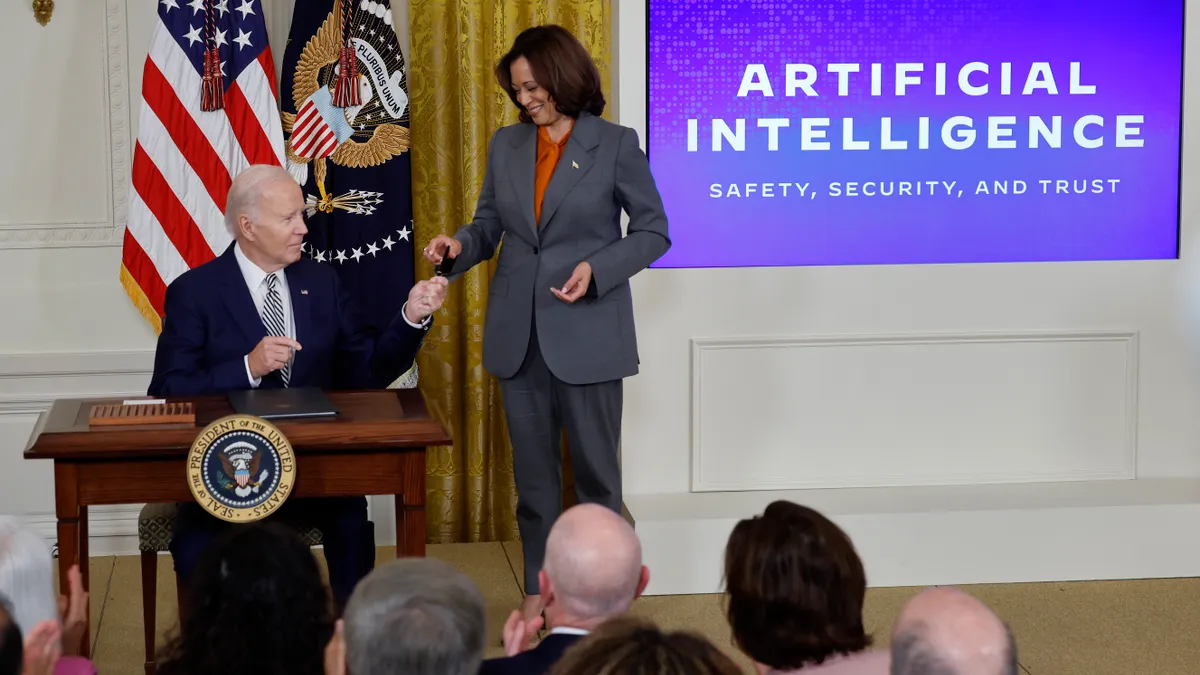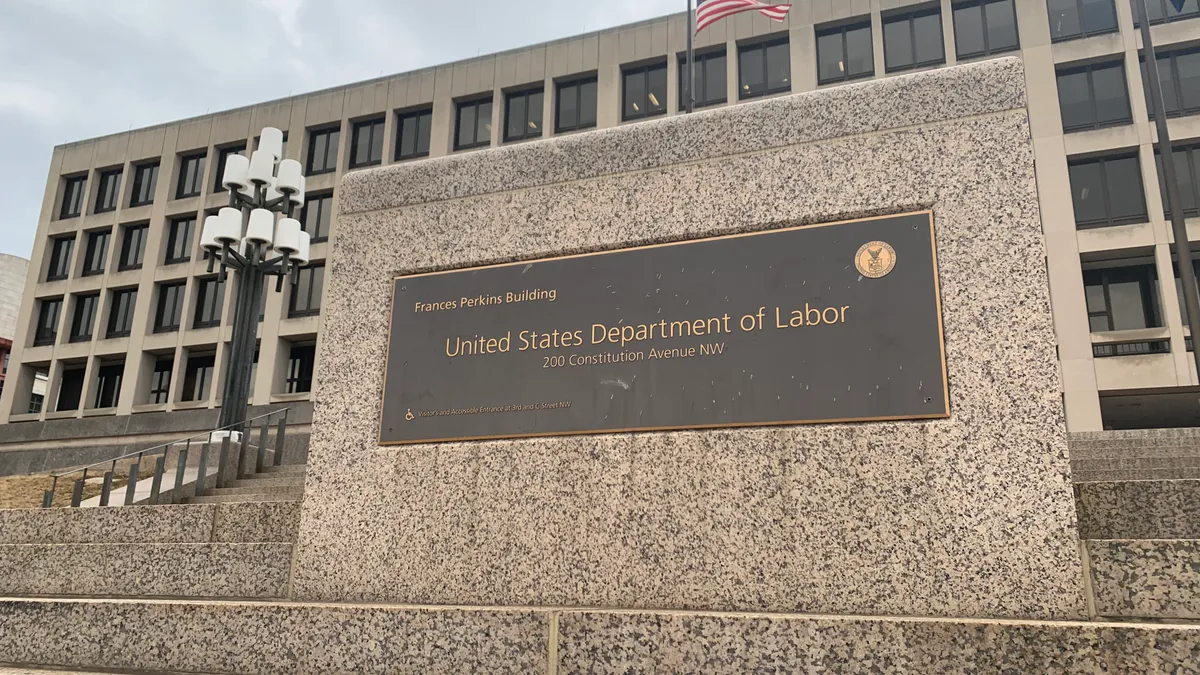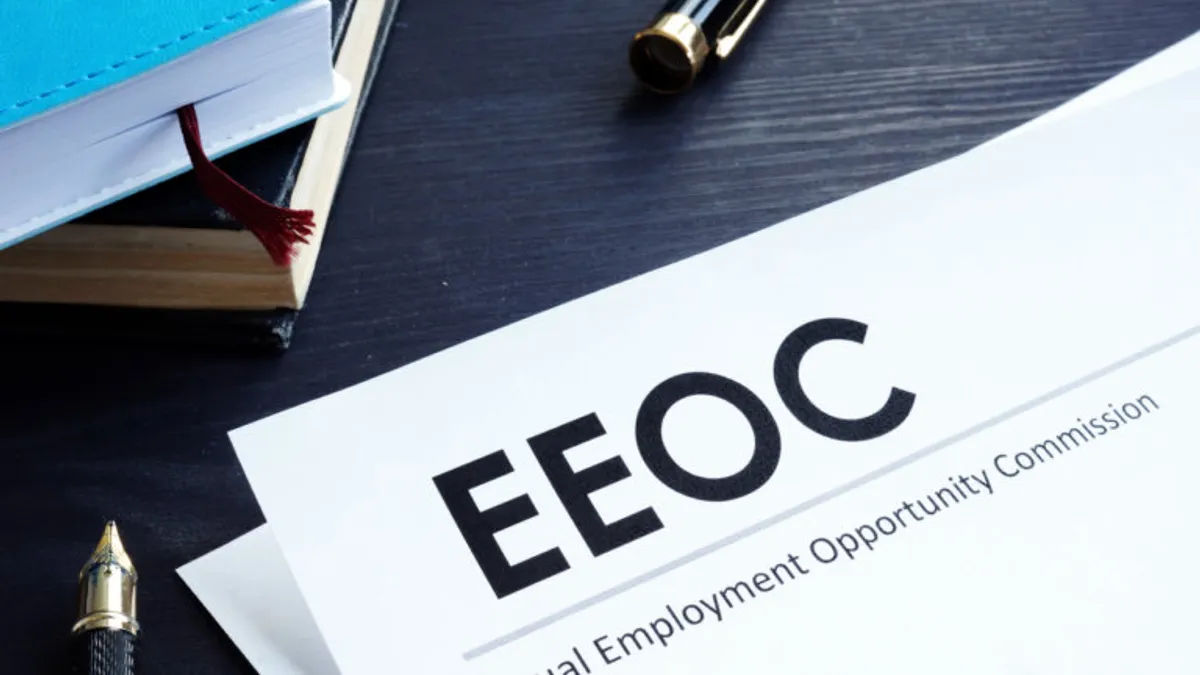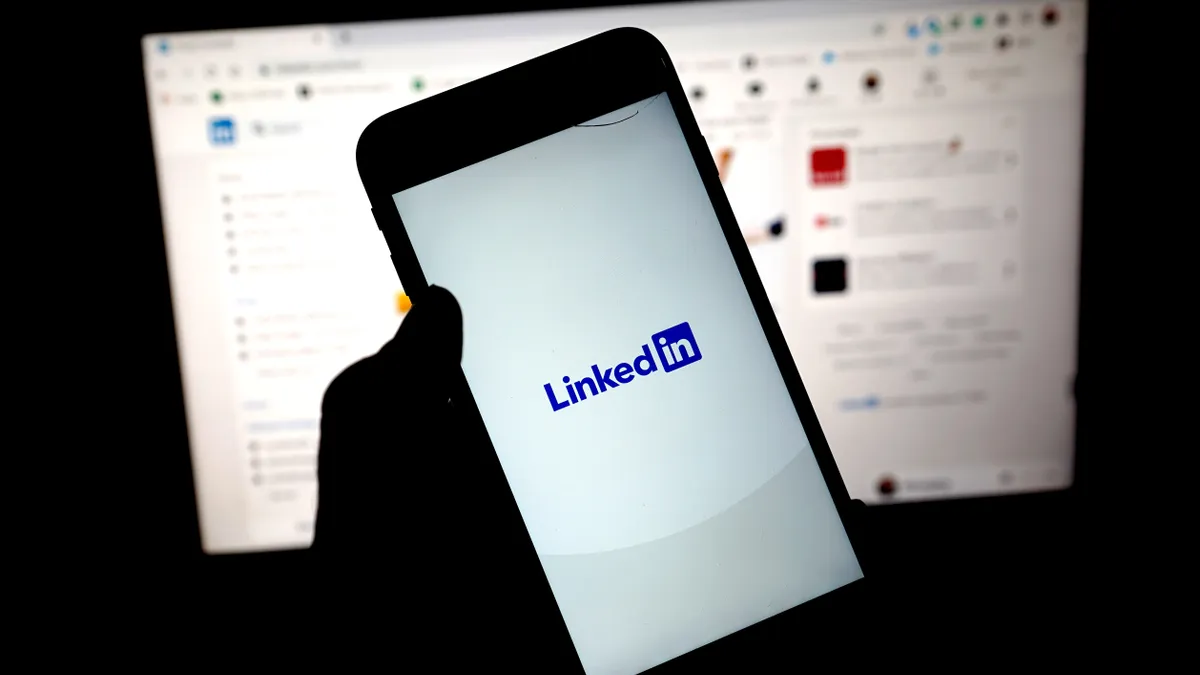Editor’s note: This story has been updated to include a statement from DHI Group, Inc.
Tech job site Dice.com has agreed to use artificial intelligence to comb employer job listings for national origin bias, the U.S. Equal Employment Opportunity Commission said Monday.
The agreement showcases a beneficial use of AI, an EEOC official said — a rare note of support from the workplace discrimination watchdog that has cautioned employers about proper use of the tech in recent years.
DHI Group’s agreement
Following an investigation, EEOC said it had “reasonable cause” to believe the site’s operator, DHI Group, Inc., violated Title VII of the Civil Rights Act of 1964 when some of its customers posted jobs that excluded applicants of American national origin.
As part of a conciliation agreement to resolve the charges, the company agreed to have its programming look for “potentially discriminatory keywords such as ‘OPT,’ ‘H1B’ or ‘Visa’ that appears near the words ‘only’ or ‘must’ in its customer’s new job postings.”
“DHI’s use of programming to ‘scrape’ for potentially discriminatory postings illustrates a beneficial use of artificial intelligence in combatting employment discrimination,” said Chelsae J. Ford, systemic coordinator for the EEOC’s Miami District, in a statement.
The company also agreed to advise its customers to avoid language that indicates a requirement or preference for non-U.S. workers.
DHI Group told HR Dive via email it disputes the claims but, “in a good faith effort to deter potentially discriminatory job postings by its customers, DHI and the EEOC were able to agree on reasonable terms to resolve this matter to avoid the substantial time and expense of protracted litigation.”
EEOC’s focus on AI
The EEOC has in recent years cautioned employers about potential pitfalls of AI use.
Employers using the tech should evaluate algorithms “early and often for biased outcomes and reengineer as appropriate,” Commissioner Keith Sonderling suggested in 2021.
The following year, EEOC and the U.S. Department of Justice together announced they were “sounding the alarm,” stating that “blind reliance” on tools that make use of AI, machine learning and other processes could lead to workplace discrimination.
Management-side attorneys recently applauded the commission’s effort to provide early guidance on the issue and said they’d appreciate even more. Regulation, however, could be a tougher sell. AI is improving the quality of hires, Emily Dickens, chief of staff, head of public affairs and corporate secretary for the Society for Human Resource Management, said during an EEOC event last year; “This is not the moment to impose heavy-handed regulatory restrictions that will set key HR functions back and impede the ability to create and identify talent pipelines.”
Most recently, EEOC Vice Chair Jocelyn Samuels said the commission’s goal is to ensure “we can enjoy the benefits of new technology while protecting the fundamental civil rights that are enshrined in our laws.”








